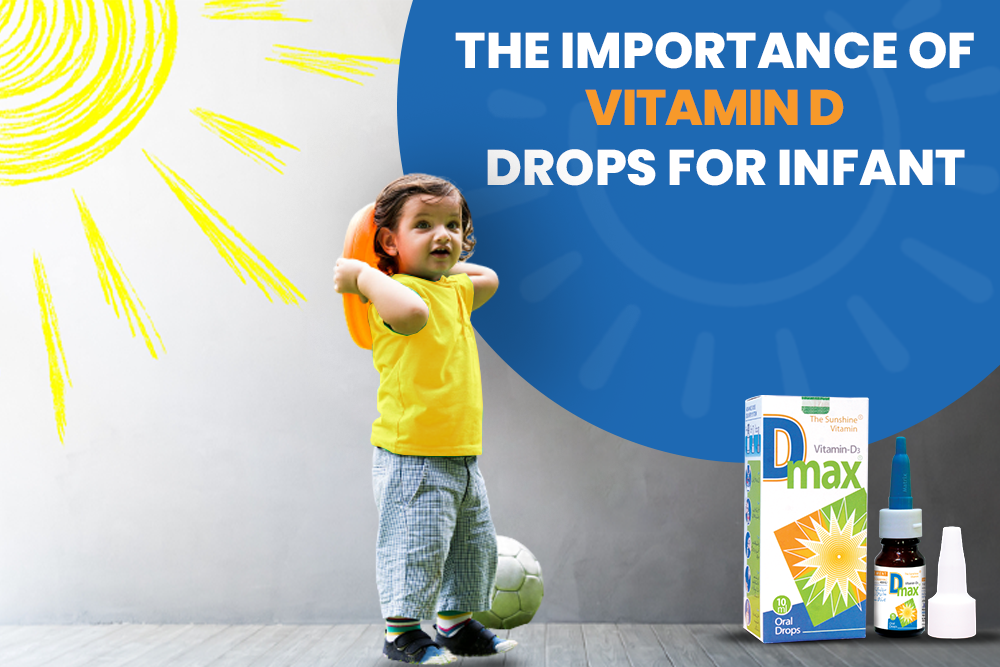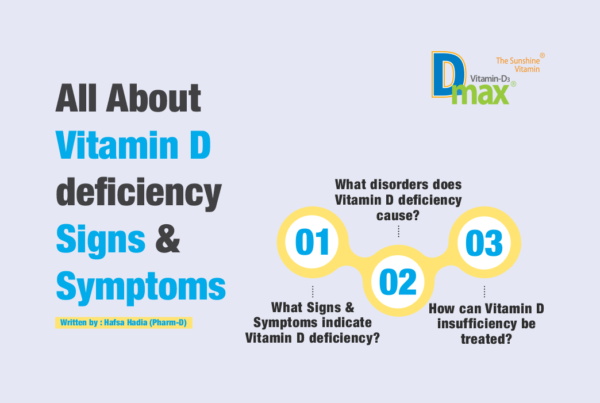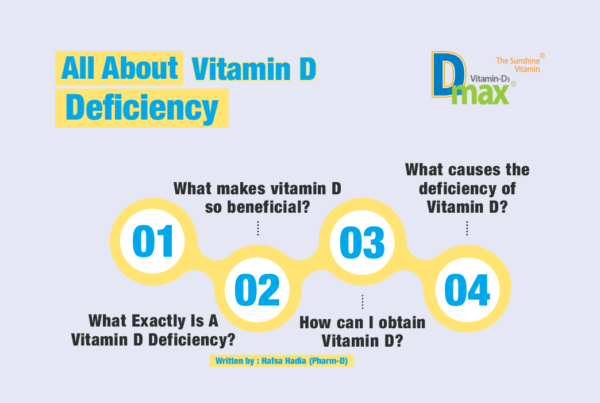
Introduction
Vitamin D is an essential nutrient for babies and children. It helps the body absorb calcium and phosphorus, which are essential for building strong bones and teeth. Vitamin D also plays a role in the immune system, heart health, and other functions.
Benefits of Vitamin D for Infants
- Bone health: Vitamin D is essential for healthy bone growth and development. It helps the body absorb calcium and phosphorus, which are the building blocks of bones. Babies who don’t get enough vitamin D are at risk of developing rickets, a condition that causes soft, weak bones.
- Immune system: Vitamin D helps the body fight infection. It does this by stimulating the production of white blood cells, which are the body’s natural defense against germs.
- Heart health: Vitamin D may help protect against heart disease. Studies have shown that people with low levels of vitamin D are more likely to develop heart disease.
- Other benefits: Vitamin D may also have benefits for other health conditions, such as asthma, diabetes, and multiple sclerosis.

How Much Vitamin D Do Infants Need?
According to the American Academy of Pediatrics (AAP), the recommended daily intake of vitamin D for infants is 400 IU. This can be obtained through supplements or through fortified foods. Some foods that are fortified with vitamin D include milk, orange juice, and cereal.
How to Give Vitamin D to Infants
Vitamin D supplements are available in liquid, chewable, and gummy forms. The best way to give vitamin D to infants is to give them a liquid supplement. This can be given directly from the dropper or mixed into breast milk or formula.
Is Sun Exposure a Good Source of Vitamin D for Infants?
Sun exposure is a natural way to get vitamin D. However, it is not recommended for infants. The sun’s ultraviolet rays can damage the skin, and infants are especially vulnerable to this damage.
Conclusion
Vitamin D is an essential nutrient for infants. It helps the body absorb calcium and phosphorus, which are essential for building strong bones and teeth. Vitamin D also plays a role in the immune system, heart health, and other functions.
FAQs
Q: What are the signs and symptoms of vitamin D deficiency in infants?
A: The signs and symptoms of vitamin D deficiency in infants can include:
- Rickets, a condition that causes soft, weak bones
- Difficulty walking
- Bowed legs
- Knock-knees
- Muscle weakness
- Frequent infections
Q: How can I tell if my infant is getting enough vitamin D?
A: You can talk to your doctor about having your infant’s vitamin D levels tested. If your infant’s levels are low, your doctor may recommend that they take a vitamin D supplement.
Q: What are some natural sources of vitamin D for infants?
A: Some natural sources of vitamin D for infants include:
- Fortified milk
- Fortified orange juice
- Fortified cereal
- Fatty fish (such as salmon, tuna, and mackerel)
- Egg yolks
Q: How long do infants need to take vitamin D supplements?
A: Infants should continue to take vitamin D supplements until they are 1 year old. After that, they can get most of the vitamin D they need from their diet.
Q. Which vitmain D drops is best for babies in Pakistan?
A: Dmax Drops is a good choice for babies. It is advised to give 1-2 drops per day.
https://matrixpharma.com/product/d-max-vitamin-d3/
References:
- Vitamin D | Nutrition | CDC: https://www.cdc.gov/nutrition/infantandtoddlernutrition/vitamins-minerals/vitamin-d.html
- Vitamin D Deficiency in Infants & the Need for Routine Vitamin D Supplementation: https://www.ncbi.nlm.nih.gov/pmc/articles/PMC3103147/
- Evidence-based D-bate on health benefits of vitamin D revisited: https://www.ncbi.nlm.nih.gov/pmc/articles/PMC3427198/
- Vitamin D Prophylaxis in Infancy: https://www.ncbi.nlm.nih.gov/pmc/articles/PMC8424795/
- https://publications.aap.org/pediatrics/article/122/5/1142/71470/Prevention-of-Rickets-and-Vitamin-D-Deficiency-in?autologincheck=redirected
- https://ods.od.nih.gov/factsheets/VitaminD-HealthProfessional/#h2






